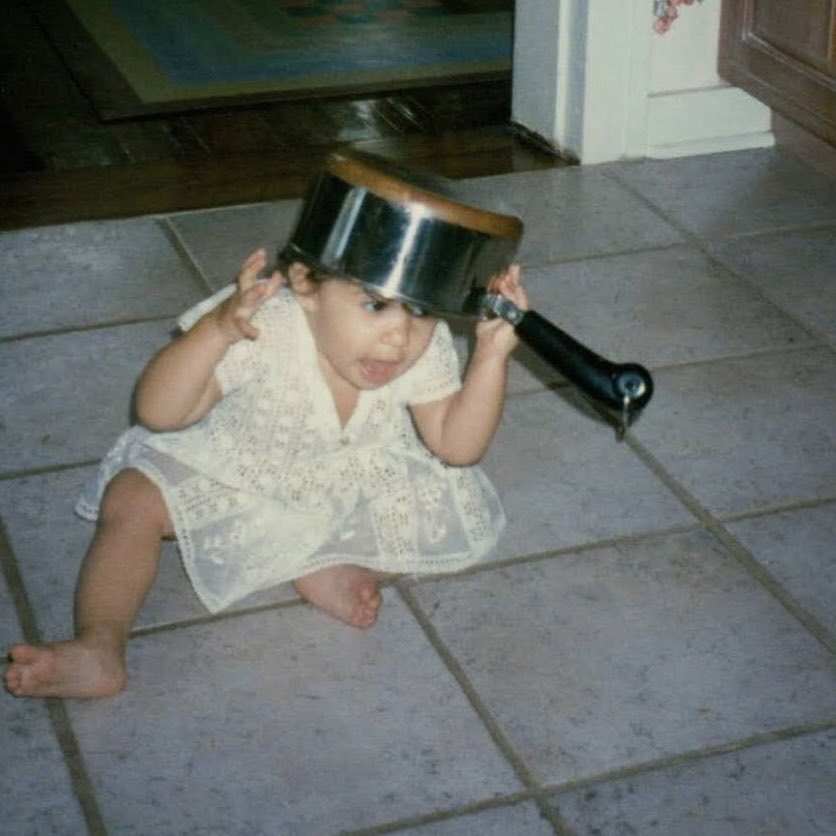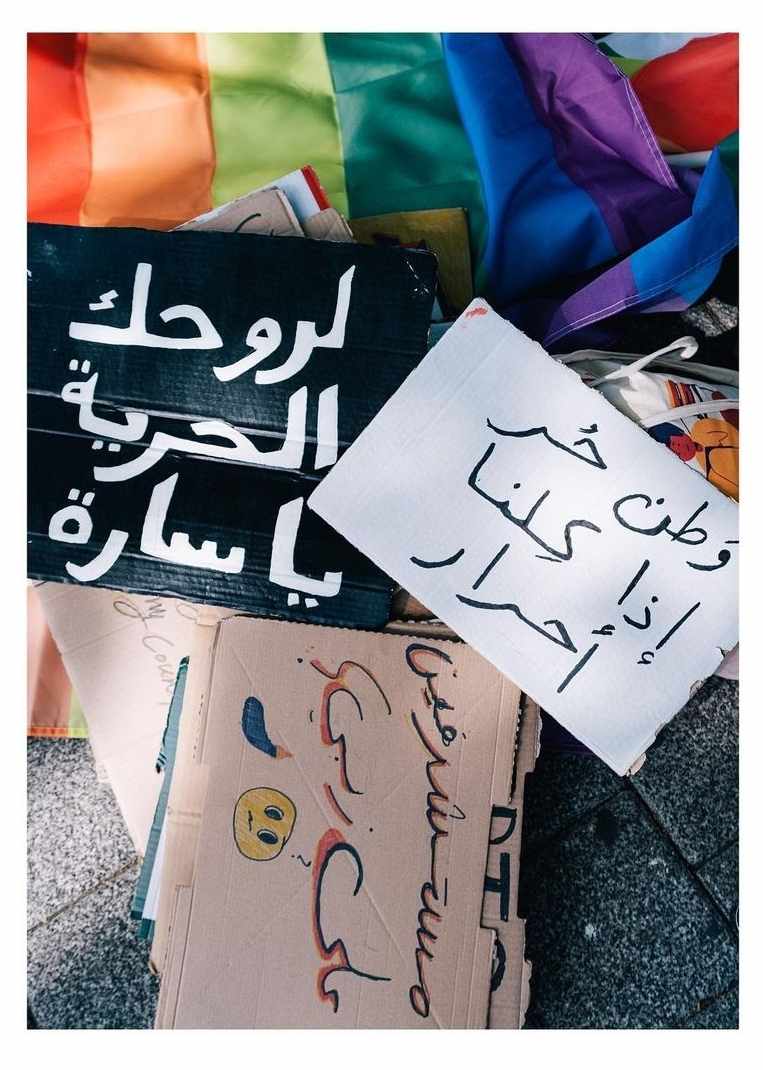Leila Mire is a PhD candidate in Performance Studies at UC Berkeley, as well as a dancer, choreographer, organizer, and sometimes disorganized person. She researches Palestinian dance and the role of dance in US and Israeli cultural imperialism.
We discuss the misleading implications of certain “coexistence art” which locates interpersonal prejudice as the source of conflict while deliberately glossing over systemic inequality. As Leila puts it, while art can build bridges, a bridge built on uneven ground is just a dysfunctional seesaw.
We also talk about Martha Graham, cultural appropriation as a foundation of US modern dance, the Cold War-era US State Department dance tours (that often followed a CIA coup), and how that legacy is continued by Israeli artwashing today. We also consider the hypocrisy of artists who claim their work is politically potent when applying for grants, but claim apolitical innocence when their affiliations or messaging is criticized.
Leila shouts out her dabke troupe Al-Juthoor for being an open-minded community environment and for choosing performances aligned with their political values. Leila and Nadia also talk about their personal feelings of alienation in the dance world, the subtle othering of being pushed to be a solo artist, the ridiculous economic gatekeeping for early-career dancers, and how being a leader is overrated.



